Have you ever noticed that there is more information available to us than EVER before about fitness, nutrition, fat loss, and really everything health-related but somehow people are struggling more than ever to gain control of their health, weight, and fitness?
There are a few reasons for this.
First, I think it’s because people want there to be the “one magic way” that’ll get them a result. So, we end up spending time and effort looking for the magic solution that doesn’t really exist.
This is why fad diets exist.
Second, we’re just plain confused! And it’s no wonder!
It’s incredibly challenging to navigate thousands upon thousands of pieces of information about what you should do for your health and fitness…especially because they’re often very contradictory.
So today, I’m breaking it down for you in the simplest way possible, and I guarantee if you do these things, you’ll be lean, healthy, and incredibly proud of your body.
1. Exercise
a. Perform 30 minutes of resistance training 3 times a week (specific for your body’s needs)
b. Incorporate circuit workouts that elevate your heart rate to create a cardiovascular effect
c. Walk every day, or Be Active for at least 30 minutes a day.
2. Food
a. Eat more veggies than anything else
b. Then healthy fats . Americans undoubtedly get enough protein already, so focus on healthy fats like nuts, oils, and avocados. ( Try to reach for 50-70% fats of your total calories per day)
c. Limit: alcohol, sugar, processed foods + snacking
3. Lifestyle
a. Sleep 7-9 hours a night
b. Drink mostly water
c. Incorporate Intermittent Fasting into you daily routine (8 hour eating windows are the best, or 2 meals a day to start)
Could we add to this list and increase its complexity? Of course! But there’s no need.
Complexity is the reason so many people struggle. Keep it simple and you’ll start seeing results in no time.

